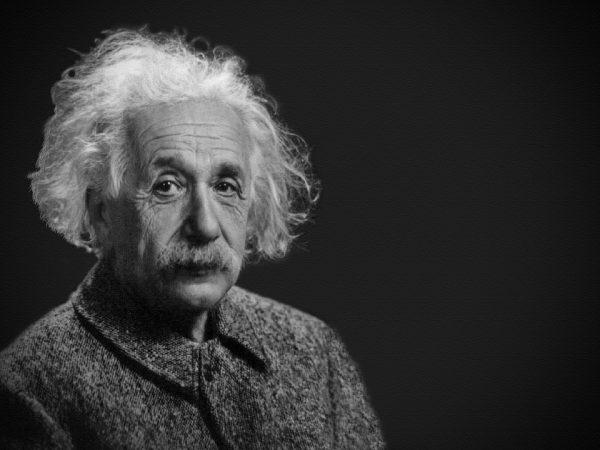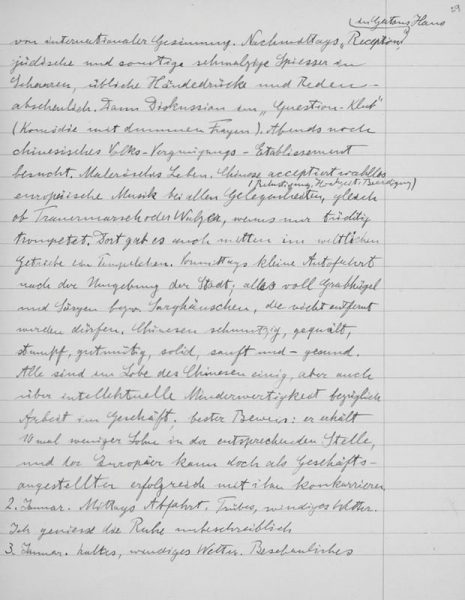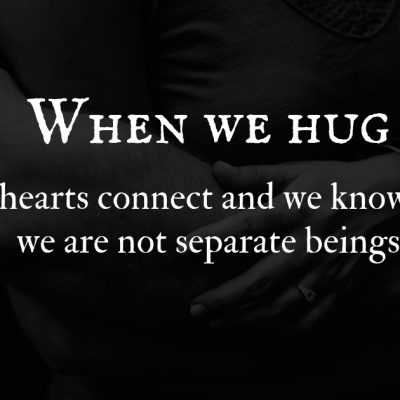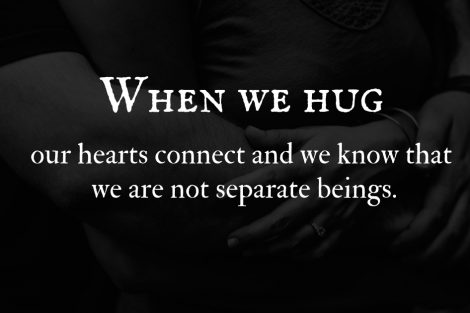Albert Einstein’s travel diaries have recently been published and the contents are quite upsetting. While touring in Asia in the 1920s, the famous physicist made several racist and xenophobe notes, particularly about the Chinese.
MORE: Einstein’s Profound Yet Simple Theory Of Happiness

MORE: Take Einstein’s Advice: 5 Daily Habits That Boost Your Brain
Considering he once defined racism as “a disease of white people”, his attitude towards the people he met on his travels is truly disturbing. Written between October 1922 and March 1923, his private journals are filled with condescending and ugly comments about the Chinese.
He describes them as “industrious, filthy, obtuse people”, remarking the “Chinese don’t sit on benches while eating but squat like Europeans do when they relieve themselves out in the leafy woods. All this occurs quietly and demurely. Even the children are spiritless and look obtuse. It would be a pity if these Chinese supplant all other races. For the likes of us the mere thought is unspeakably dreary.”
Let’s not forget that these private journals were never meant to be published, so Einstein was completely honest and upfront, in full contradiction with his humanitarian image and public statements.
The Travel Diaries of Albert Einstein have been published for the first time by the Princeton University Press as a standalone volume, making it available for everyone to devour. While traveling in Asia, Palestine, and Spain, other paragraphs in his diaries considered to have been written for his stepdaughters in Berlin reveal, on top of xenophobia and racism, a misogynist view:
“I noticed how little difference there is between men and women; I don’t understand what kind of fatal attraction Chinese women possess which enthralls the corresponding men to such an extent that they are incapable of defending themselves against the formidable blessing of offspring”.
“Even those reduced to working like horses never give the impression of conscious suffering. A peculiar herd-like nation [ … ] often more like automatons than people.”
Arriving in Sri Lanka, formerly Ceylon, Einstein says the locals “live in great filth and considerable stench at ground level” adding that they “do little, and need little. The simple economic cycle of life.”
MORE: The Only Force In The Universe That Ties Us All Together, According To Einstein

MORE: Can You Solve This Famous Albert Einstein Riddle?
The theoretical physicist displays a more positive outlook of the Japanese: “Japanese unostentatious, decent, altogether very appealing. Pure souls as nowhere else among people. One has to love and admire this country.”
But then concludes: “the intellectual needs of this nation seem to be weaker than their artistic ones – natural disposition?”
In the introduction of the book, Ze’ev Rosenkranz, senior editor and assistant director of the Einstein Papers Project at the California Institute of Technology, emphasizes the importance of exploring how such a humanitarian icon as Albert Einstein – whose image was once used for a UNHCR campaign with the slogan “A bundle of belongings isn’t the only thing a refugee brings to his new country. Einstein was a refugee” could have written so many xenophobic lines about the people he encountered.
Though views like Einstein were common at the time, Rosenkranz told The Guardian: “That’s usually the reaction I get – ‘we have to understand, he was of the zeitgeist, part of the time’ – but I think I tried here and there to give a broader context. There were other views out there, more tolerant views”.










